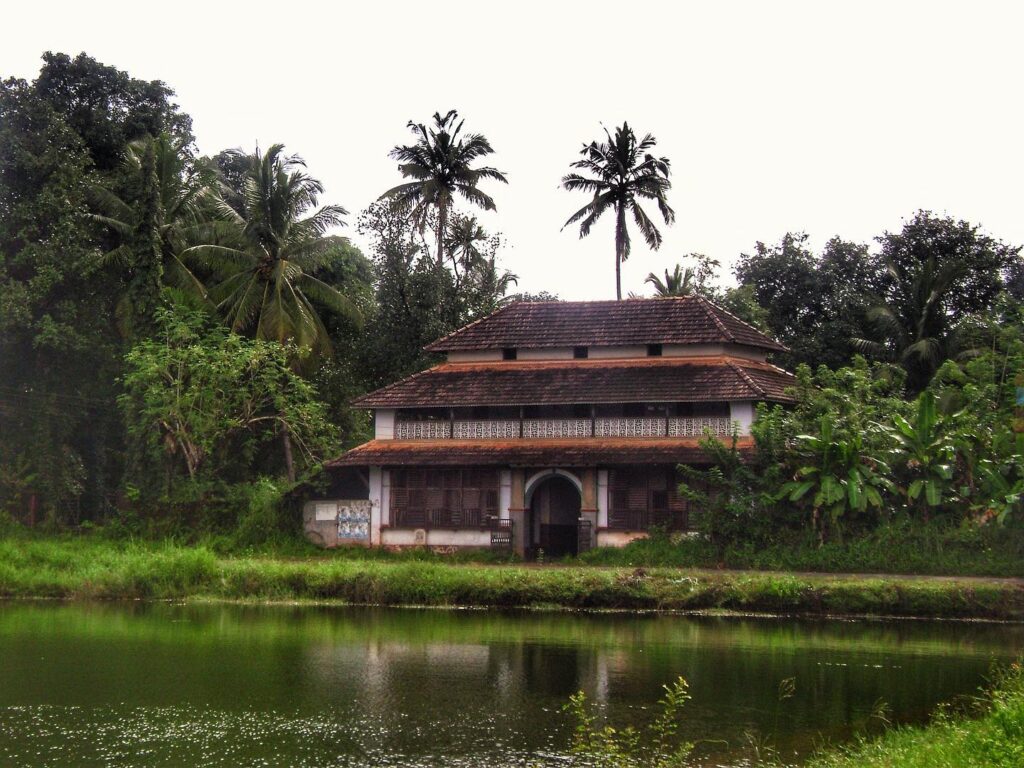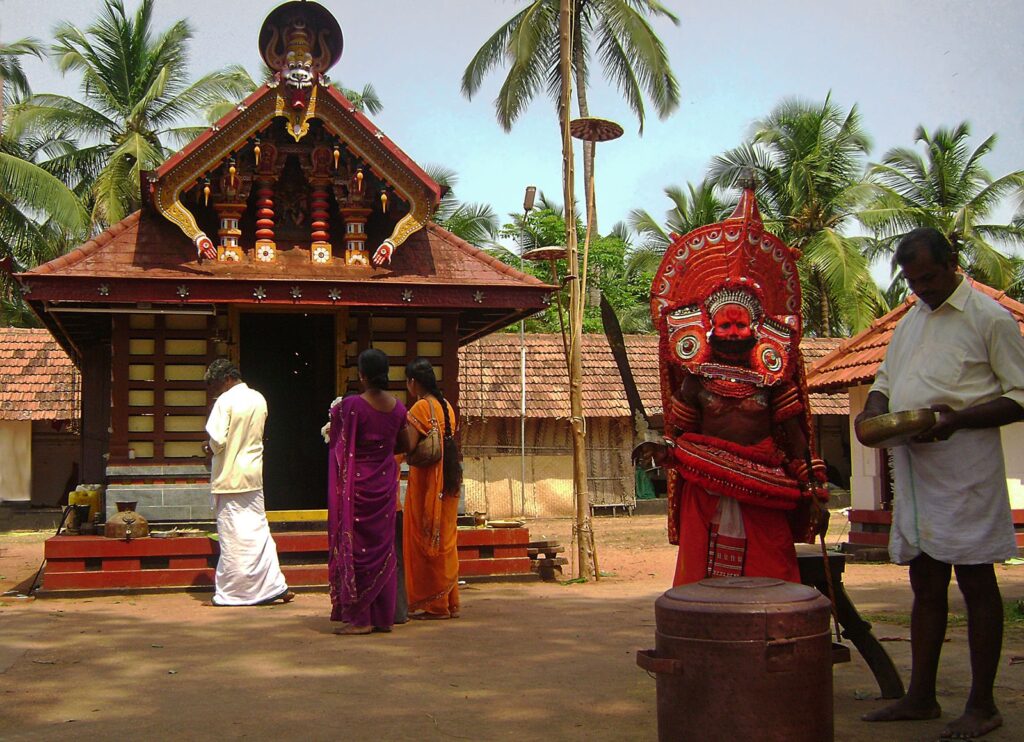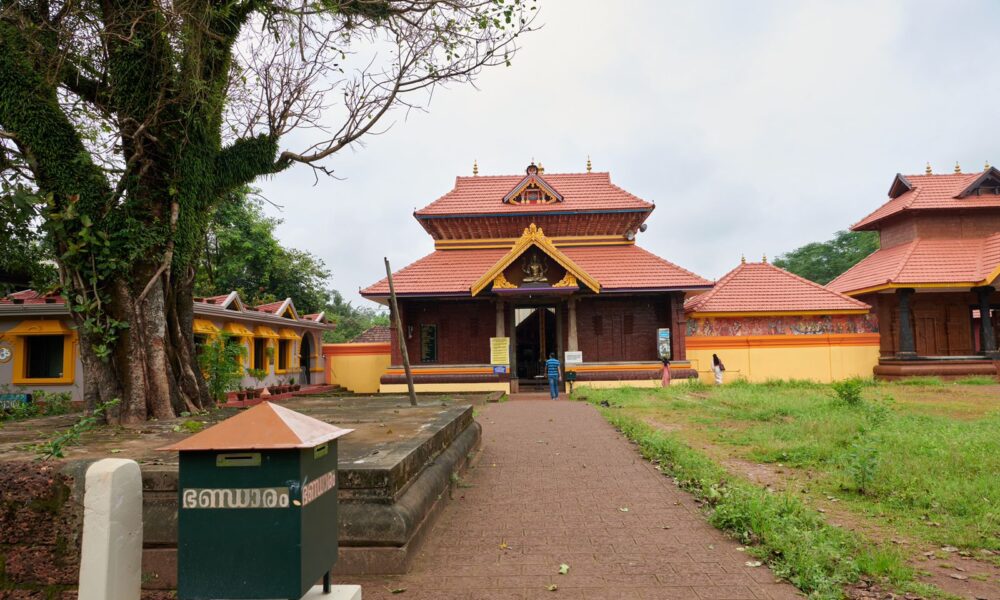Have you ever wondered as you travel through a place about its seemingly peculiar names and the story behind it? So often, there is more than one history behind these names.
In Nileshwar, you will find inexplicable echoes of the place’s historical, linguistic and cultural past, which is evidence of the past’s men and events. History surges through its structures and has a plethora of stories to offer. While most of Neeleshwaram’s times gone by have been obliterated, the remnants of the magnificence and splendor of this place continue to remain contained within the names of some of Neeleshwaram’s old areas.

The cultural capital of Kasaragod district, Neeleshwaram, abounds with places that are memorabilia of unforgettable happenings and anecdotes. Neeleshwaram itself gets its name from Lord Neelakandeshwara, the chief divinity of the Thaliyil temple. Historians also opine that the place got its name after the visit of the holy saint Neelmaharshi.
Some place names in Nileshwar point to the existence of the metal industry – Parappa, Kollampara, to name a few.
Place names find their origin even from the trees found here, giving us an insight into the significance attached to the safeguarding of trees. Kunjaalinkeezhil, Alinkleel, Perol derive their names from the Malayalam name for the Banyan Tree (Aal Maram), which were found here in huge numbers. Being associated with Paddy Cultivation places like Thervayal, Koracham Vayal, Nedumkanda, Pathilakkandam, panthrandilaKandam, Aanachaal, Orcha, Ramaram Vayal and Puthariyadukkam have words like vayal, kandam, chaal (all meaning fields) attached to them.
Kaithottu Chira, to the west of the famous Thaliyil Temple, got its name after ruins of trees were discovered from the soil. The people poured water into the chira after clearing the mud with their hands and hence the name.

Activities also played a role in how a place derived its name. Shaliya Street gets its name from the Shaliya community associated with the textile industry. The Weaver’s colony is named after the fishing community who settled on the beach started to weave fishing nets. The ‘Kizhakkan kozhuval’ to the east and ‘Padinhatam kozhuval’ to the west of Nileshwar Kovilakam were resident centres of the native Nair militia. Kozhuval refers to the residence of Nairs. Erikulam and Koyampuram are places where the Earthern pot makers resided. Earthen pots were made by heating the clay and hence the name Errikulam. Koyampuram gets its name from the Malayalam word ‘Koyenmar’, meaning-makers of pots.
Nileshwar is famous for its Gods and also for its communal accord. Many places here have been named after the Gods. While Narayanapuram is named after Lord Vishnu, Arayikkara is named after Areekara Bhagavathi. Siyarathunkara gets its name after a mosque there, whereas Covent Junction is taken after a convent of the Christian Missionaries.
Place names like Karuvacheri Store, Kadappuram store, Meenappees, Blockaappis, Kacherikkadavu indicate the history of urbanization of Neeleshwaram. Karuvacheri Store and Kadappuram Store served as Public Distribution Centres with their Ration Shops.
Many of the unique words have been imperfectly garbled by centuries of inexpert articulation and contradictory spellings, but that has only added to the charm of these place names. The distinctive character of Neeleshwaram is that we can make more of the history of the place through its place names.
